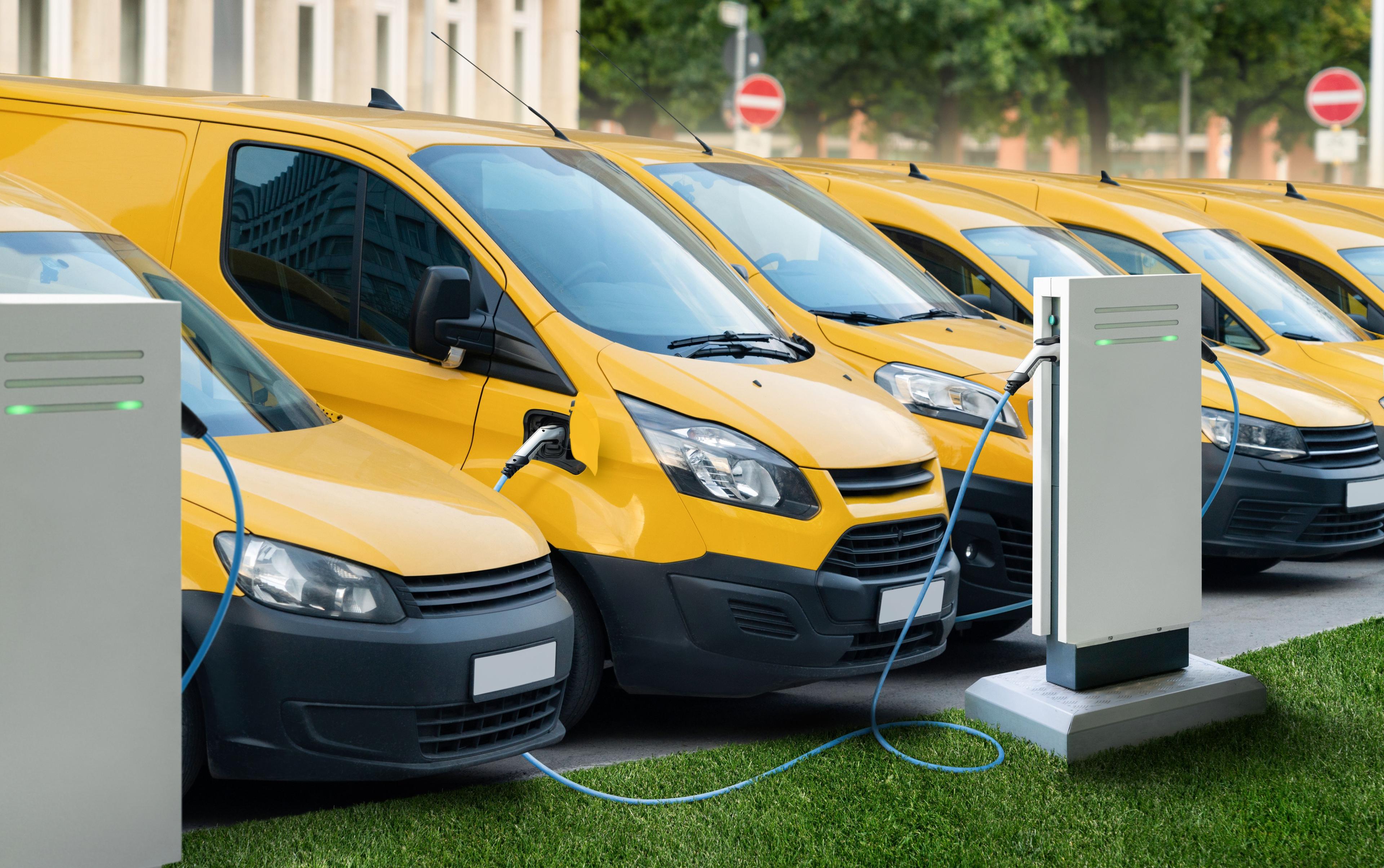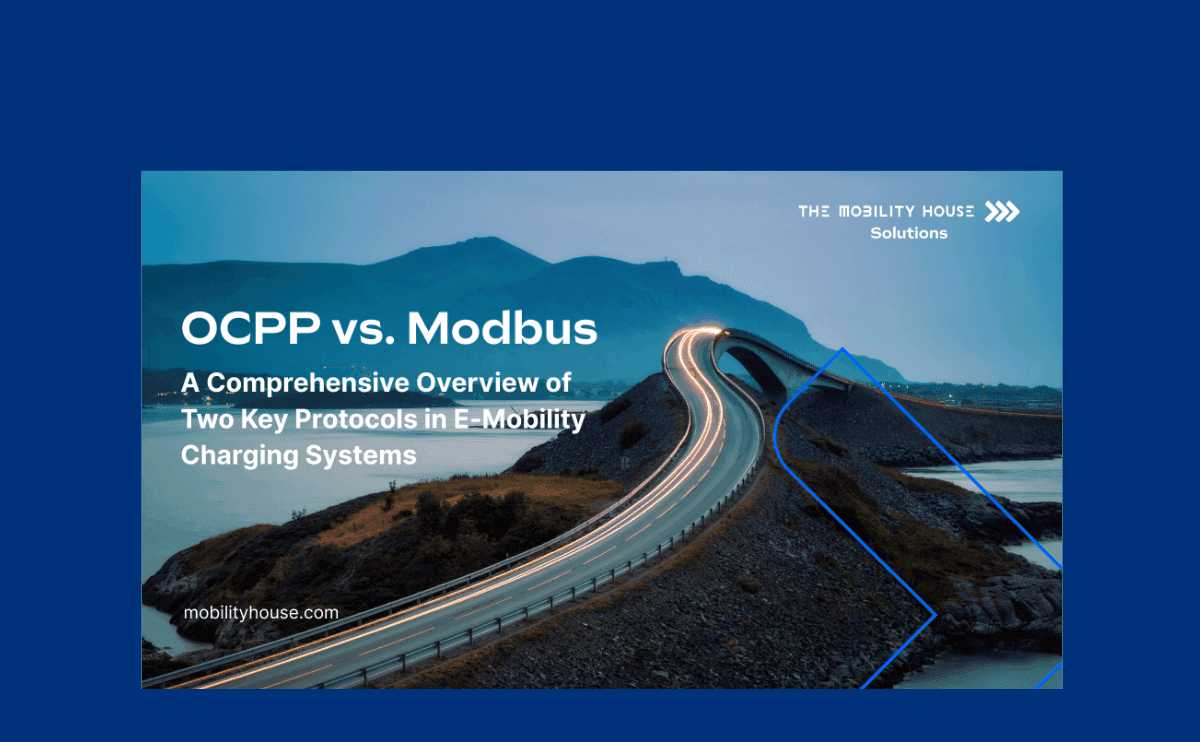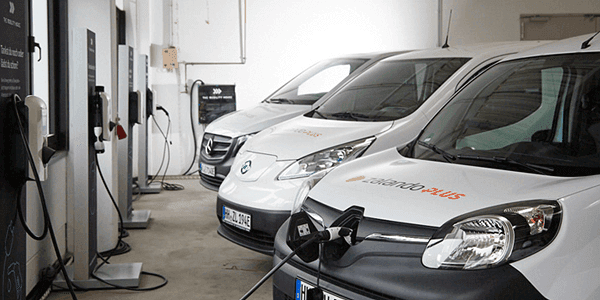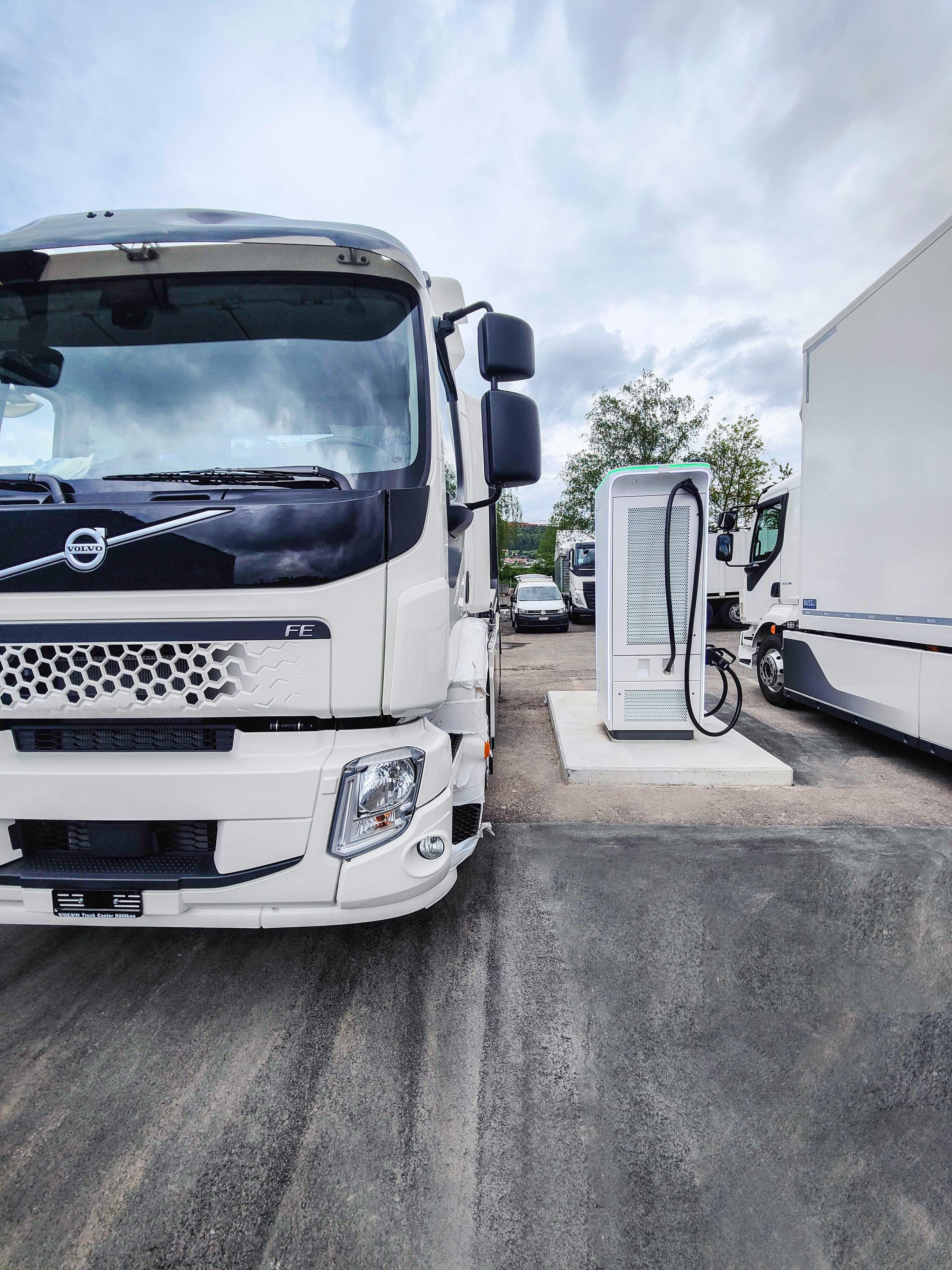We deliver 360° charging solutions for your logistics fleet

So your deliveries will be carbon neutral in the future.

Take care of smooth charging of your logistics fleet from planning to operation, so that boost your company’s reputation with reliable deliveries. With an individual charging solution that works across sites – with total transparency.


Benefits
Make a secure investment in the future
With ChargePilot®, opt for a flexible charging solution that meets your logistics operations’ current and future requirements.
Whether your logistics fleet continues to grow or technologies evolve, your charging infrastructure remains flexibly expandable.
Your vendor-neutral charging infrastructure offers you full freedom to use different services and products in combination with one another.
Your charging infrastructure is open to existing processes, not to mention AC and DC charging stations.

Trust our expertise when it comes to reliable 360° charging solutions
You can count on everything running smoothly with your e-logistics fleet – from consulting to operation.
We plan and implement the entire setup process and are your contact during operation should you have any questions, experience malfunctions and errors or require maintenance.
With ChargePilot®, we can respond to each site’s individual requirements and also evaluate data across sites.
We maximize your electric vehicles’ operational availability – guaranteed – with automatic remote monitoring and, if desired, use error messages to inform you if something isn’t working.

Achieve your CO2 goals
Continuously optimize your logistic fleet’s emissions and therefore your company’s image.
In addition to information on energy procurement and costs, you also keep track of your electric fleet’s current CO2 savings at any time.
In addition to stationary storage, integrate photovoltaics and combined heat and power plants to supply your electric logistics fleet with power in complete convenience by connecting an energy management system.
Achieve your CSR and ESG goals and show that you are at the forefront of environmental issues.

Optimize your costs
Enjoy complete cost transparency and benefit from savings due to your electric logistics fleet.
After performing a technical inspection of your depots, we will provide you with a transparent quote for the installation costs.
Thanks to ChargePilot®, optimum use is made of your existing mains connection, saving you costs both for expansion and during operation.
Our automated billing solution can account for charging operations between sites and with subcontractors, saving you time and effort.
Why The Mobility House
With the right energy we can achieve a lotReferences
Success stories: Where the future rides along with youWe are happy to advise you and together we will find a charging solution that fits your electric logistics fleet.
_4907700862a3e8e9161f9f3db1e390cc.jpg&w=3840&q=75)
Blog
Dynamic tariff optimization: How companies can significantly reduce their electricity costs and stabilize the gridThe electricity market is becoming more flexible – and with it, the opportunities for companies to manage their energy costs in a targeted manner. Dynamic electricity tariffs are opening up new possibilities, particularly in the field of e-mobility: those who intelligently link their charging processes to the price of electricity can not only save money, but also relieve the strain on the power grid and actively contribute to the energy transition.
_18ac9e3a8052b6229c086a41c1ac84f7.png&w=3840&q=75)
Whitepaper
Cloud vs. Local
Whitepaper
OCPP vs. Modbus

_db49e98170abc35d352c52026e5d241e.svg)







